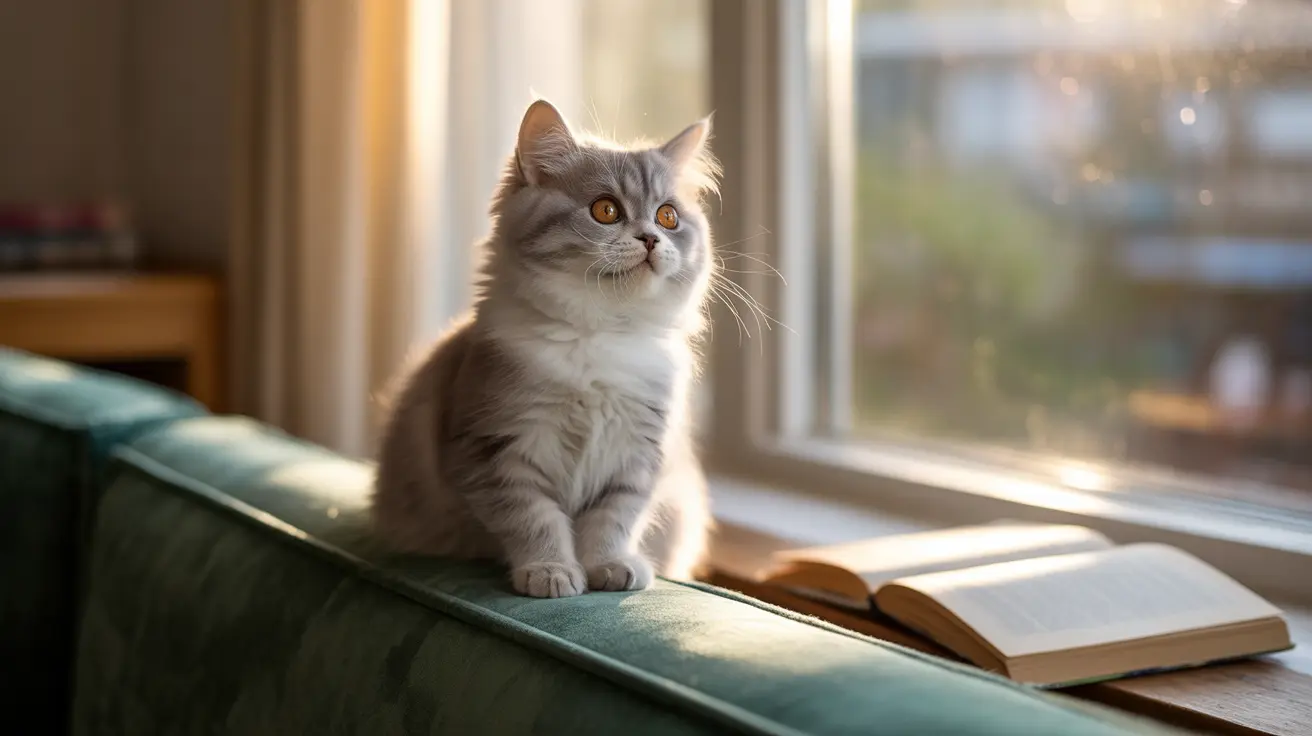The world of feline breeds has seen its share of unique characteristics, but few have sparked as much discussion as Munchkin cats. These distinctive felines, known for their shortened legs and playful personalities, have become both beloved pets and the center of ongoing debate in the cat breeding community.
Whether you're considering adding a Munchkin to your family or simply curious about this unusual breed, understanding their characteristics, health considerations, and the ethical discussions surrounding them is essential. Let's explore everything you need to know about these remarkable cats.
Physical Characteristics and Personality Traits
Munchkin cats are immediately recognizable by their shortened legs, which result from a naturally occurring genetic mutation. Despite their distinct appearance, these cats maintain normal-sized bodies, heads, and tails. They typically weigh between 6-9 pounds, placing them in the medium-sized cat category.
Their coat variations are as diverse as any other breed, coming in both short and long-haired varieties with numerous color patterns. Most notably, their large, expressive eyes and alert expressions contribute to their endearing appearance.
Athletic Abilities and Activity Level
Don't let their short stature fool you - Munchkin cats are surprisingly agile and active. While they may not achieve the same jumping heights as their longer-legged counterparts, they've developed unique ways to navigate their environment. Many Munchkins are known to sit up on their hind legs like rabbits, earning them the nickname "kangaroo cats."
Health Considerations and Care Requirements
The genetic mutation responsible for their short legs has been a source of medical scrutiny. While Munchkins are generally healthy cats, potential owners should be aware of specific considerations related to their unique anatomy.
Regular veterinary check-ups are essential to monitor their spine health and joint development. Maintaining a healthy weight is particularly important for these cats to prevent extra stress on their shorter limbs.
Living Space Adaptations
Munchkin cats can adapt well to various living situations, but their environment should be thoughtfully arranged. Consider providing:
- Low-height furniture for easy access
- Multiple levels with gentle inclines
- Soft landing spots near favorite perches
- Easily accessible litter boxes and feeding stations
The Ethical Debate
The breeding of Munchkin cats continues to generate significant discussion within the veterinary and animal welfare communities. While The International Cat Association (TICA) recognizes the breed, other organizations like the Cat Fanciers' Association (CFA) have chosen not to, citing ethical concerns about breeding cats with deliberate physical mutations.
This controversy has led to ongoing research and debate about the long-term implications of breeding cats with this genetic characteristic. Potential owners should carefully consider these ethical aspects alongside their personal preferences.
Frequently Asked Questions
What are the unique characteristics of Munchkin cats?
Munchkin cats are characterized by their short legs, normal-sized bodies, and playful, sociable personalities. They maintain typical cat agility despite their shorter stature and come in various coat colors and patterns.
Are Munchkin cats generally healthy, or are there specific health issues related to their short legs?
While Munchkin cats are generally healthy, their unique anatomy requires special attention to spine and joint health. No breed-specific illnesses have been definitively linked to their short legs, but regular veterinary monitoring is recommended.
How do Munchkin cats adapt to living spaces, and are they suitable for apartments or homes with limited space?
Munchkin cats adapt well to various living environments, including apartments. They require standard cat amenities with some modifications to accommodate their shorter legs, such as lower perches and easily accessible resources.
What are the ethical considerations surrounding the breeding of Munchkin cats, and how should this impact purchasing decisions?
The main ethical concern involves deliberately breeding cats with a genetic mutation affecting their physical structure. Potential owners should research both sides of the debate and make an informed decision based on their personal values.
How can I care for and support the agility and mobility of a Munchkin cat despite their short legs?
Support Munchkin cats' mobility by providing appropriate exercise opportunities, maintaining a healthy weight, and creating an environment with easy access to essential resources. Regular veterinary check-ups and monitoring their activity levels are crucial for their well-being.






